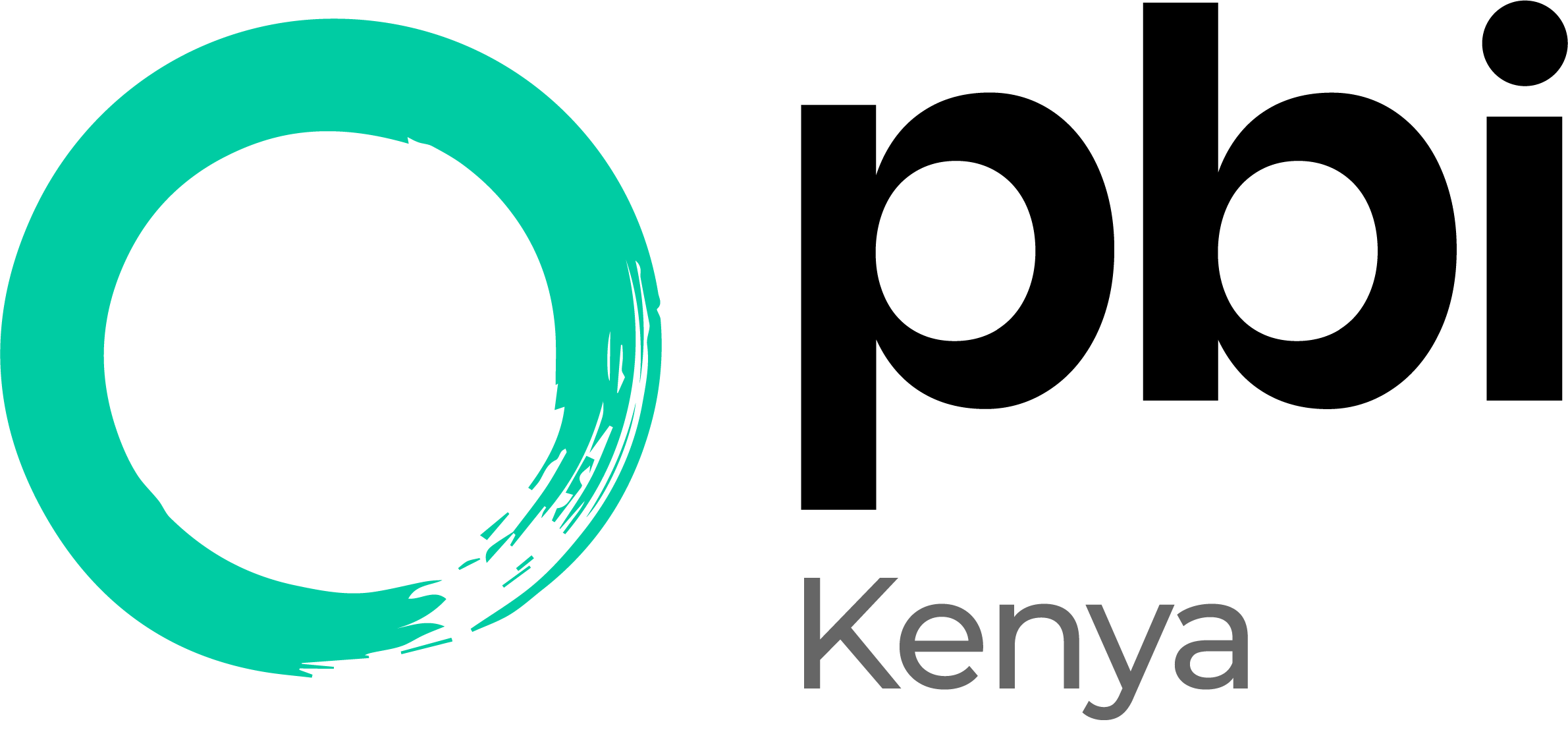I grew up in Kisii, in the western part of Kenya. Life there is good but there are too many people and not enough resources; you can get plenty of food but there is not much work so it is difficult to pay for school fees and other expenses. I moved to Kibera when I was in my mid-twenties. My wife is still up country, she farms our land there, but I came to Nairobi to work; here there are lots of factories and opportunities to work. When I first arrived, I was engaged in some business activities but now I am a casual worker; I am trying to work hard so that my children can go to college. I am also a community volunteer.
I became involved in human rights’ work because I feel very bitter when somebody, when anybody, is abused. Since I was young, I have always felt that each one of us deserves to be treated as a human being and so I try to speak out when I see something wrong happening to someone. This work is difficult at times; people do not appreciate it when I interfere. When I know a wife is being abused, being beaten by her husband, and I get involved, her husband might think that I am having an affair with her. But my intention is not only to protect that particular woman but also to bring peace to that family. I inform them that everyone has rights and so he should not beat his wife or his children. Instead, they should be provided for.
My passion for human rights shapes the relationships I have with my own family. Even as a child, when my schoolmates were fighting, I never fought anyone, as I feel it is bad. I do not like to harm anyone and although my wife and I have small quarrels lasting a few minutes, we have never fought. I do not beat my children; I do not even pinch them. When they have done something wrong I use my words to convey this to them, never my hand. This has allowed me to have friendships with my children. When I go to their school, their friends say, “This must be your brother, not your father”, because of the way I behave with them.
Initially I was doing my human rights work myself, here in Kibera. In 2009, I joined some civil society groups including Gender Defenders. Through these groups, I have had the opportunity to do some training and, unlike when I worked alone and sometimes felt that I could not speak out because I was fearful of the consequences, we started to speak out together. The training has allowed me to understand how to prevent gender violence, how to look for signs of it and how to report gender violence cases. I know that if we work hard on gender violence cases we will reduce the number of these cases in the future.
My wife worried that my human rights work was putting me at risk. She used to say that the things I am involved in might bring me and my family problems later. Sometimes she would ask me to wait and see what happens with a situation, but I would tell her “If I wait something bad might happen, why can I not try to prevent something bad from happening?” There was a time when I was called to address my community members. When they introduced me, they said that I am someone who has been helping other people, advising them and trying to guide them. I think this helped my family understand my human rights work and now my family, even my father, respects what I do.
Doing human rights work here in Kibera is challenging. Sometimes, because of my human rights work, I am asked to go to an area where they do not know me late at night. In these situations, I have to be very careful because it raises suspicion if an unknown man is getting involved in what some people see as “family matters”. In the situations when I fear to enter, I will try to find a woman or community elder to accompany me. There have also been times when I have gone to a particular household and a woman has been abused and needs to go to hospital but there is no money for the vehicle to take her to hospital. What am I meant to do when I do not have the money either? These are just a few of the challenges facing human rights defenders in the settlements.
Despite the challenges, this work is very rewarding. When I travel around, I can see people saying, “This is somebody who tried to help so and so there”, or “This is somebody who will try and help you when you have a problem, just be open and tell him”. Therefore, I am happy that the community appreciates me. Through my role as a WHRD Toolkit Organiser, I like getting to work with different people, sharing new ideas and hearing how others work with the community so that I can get ideas for how I can continue to help my community.
Christopher Omoke
